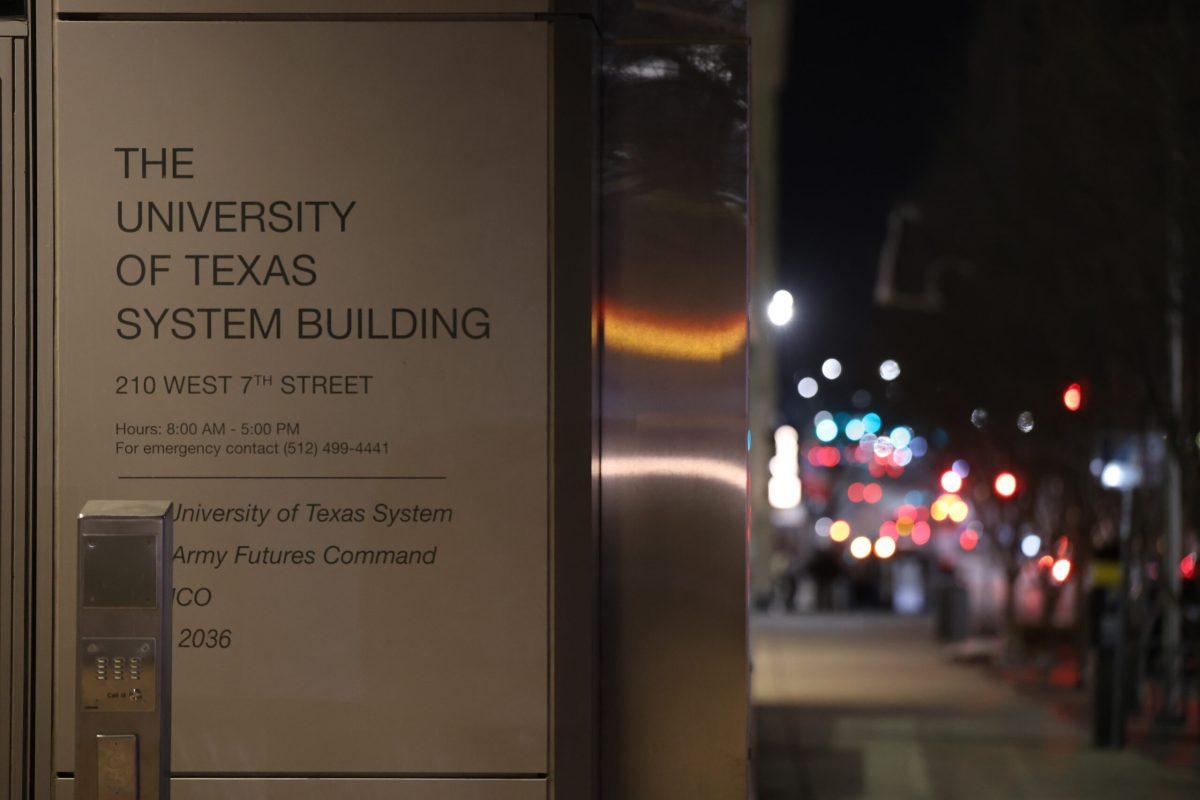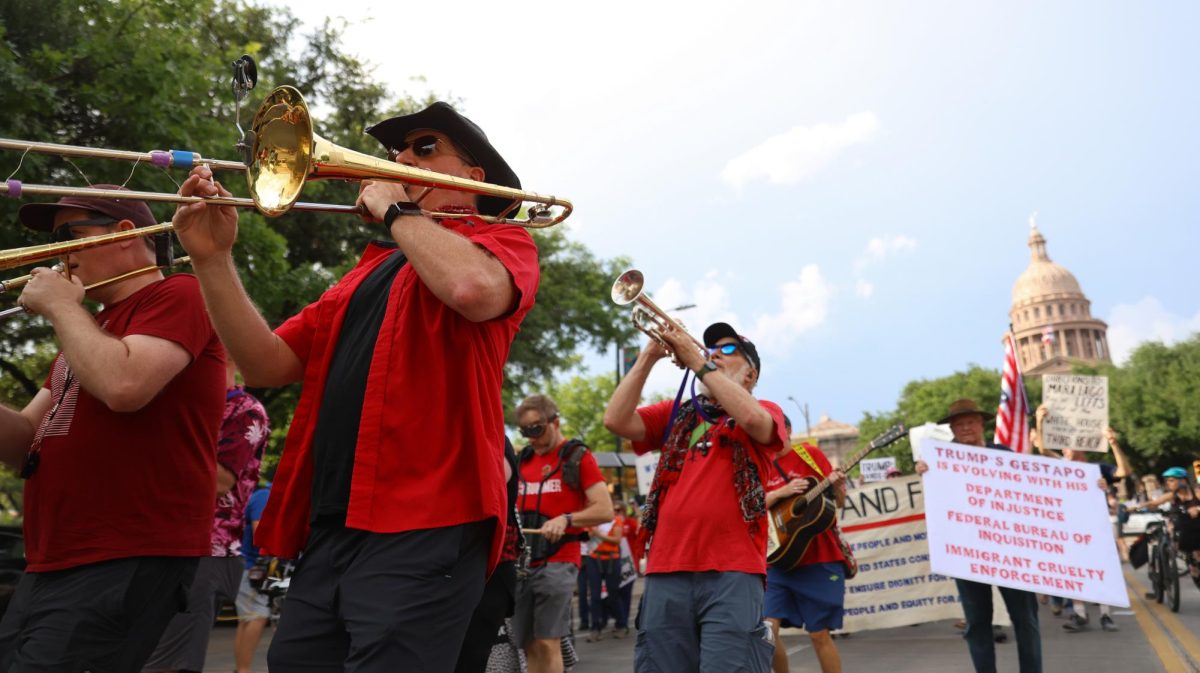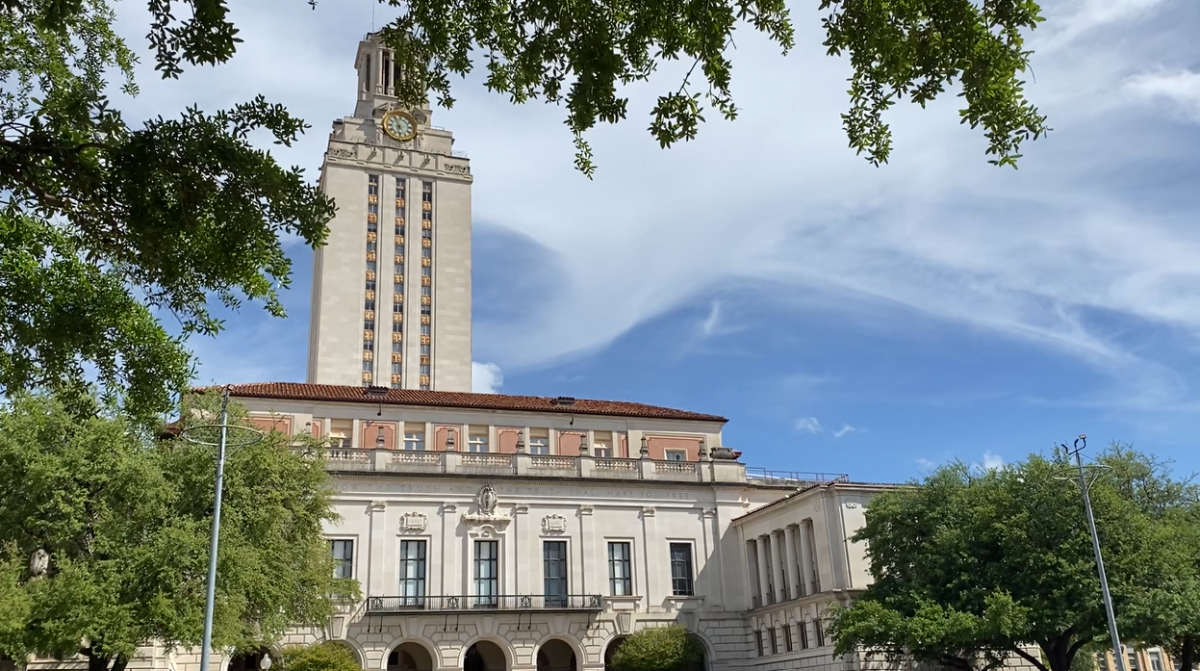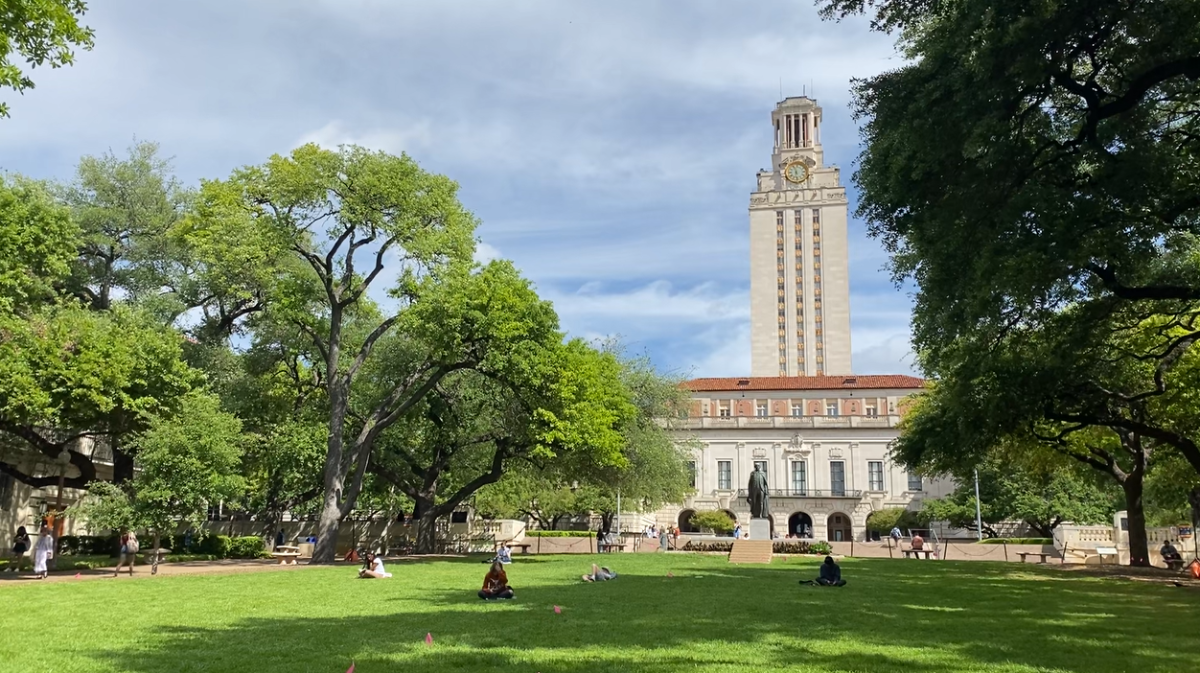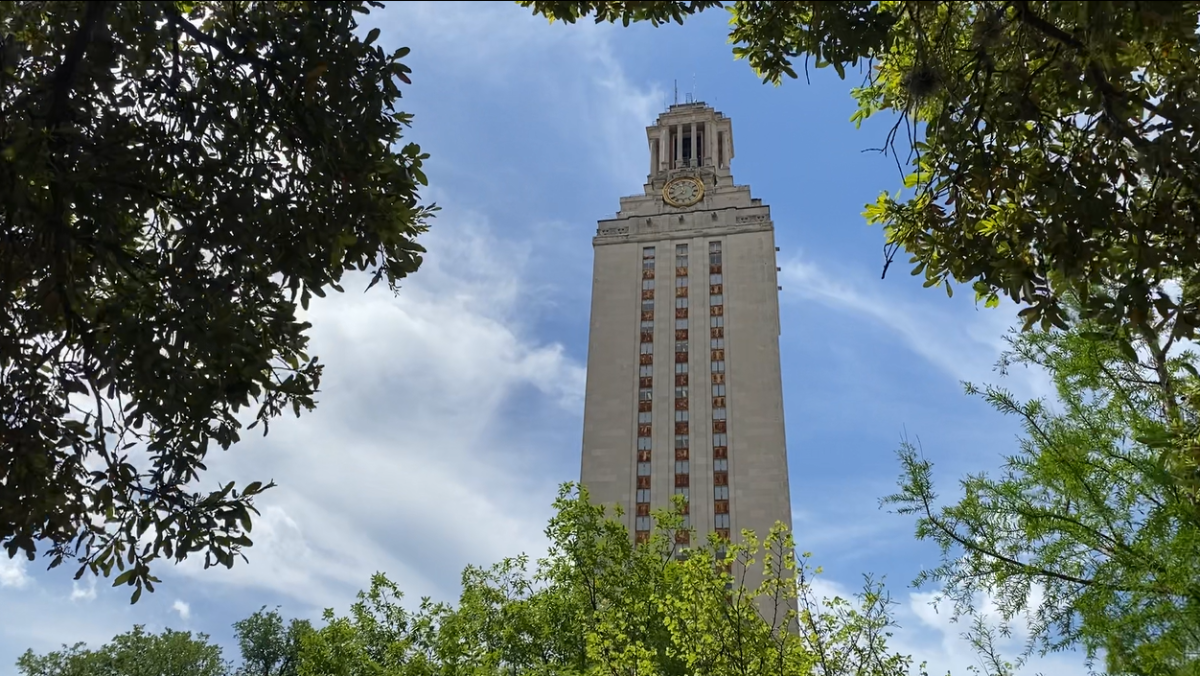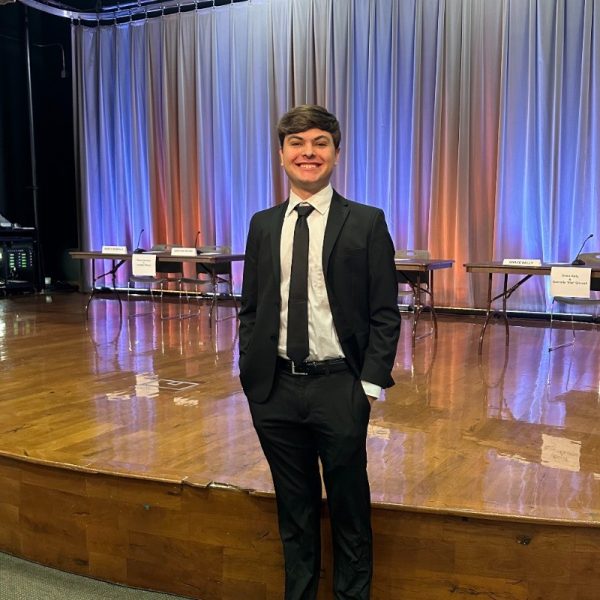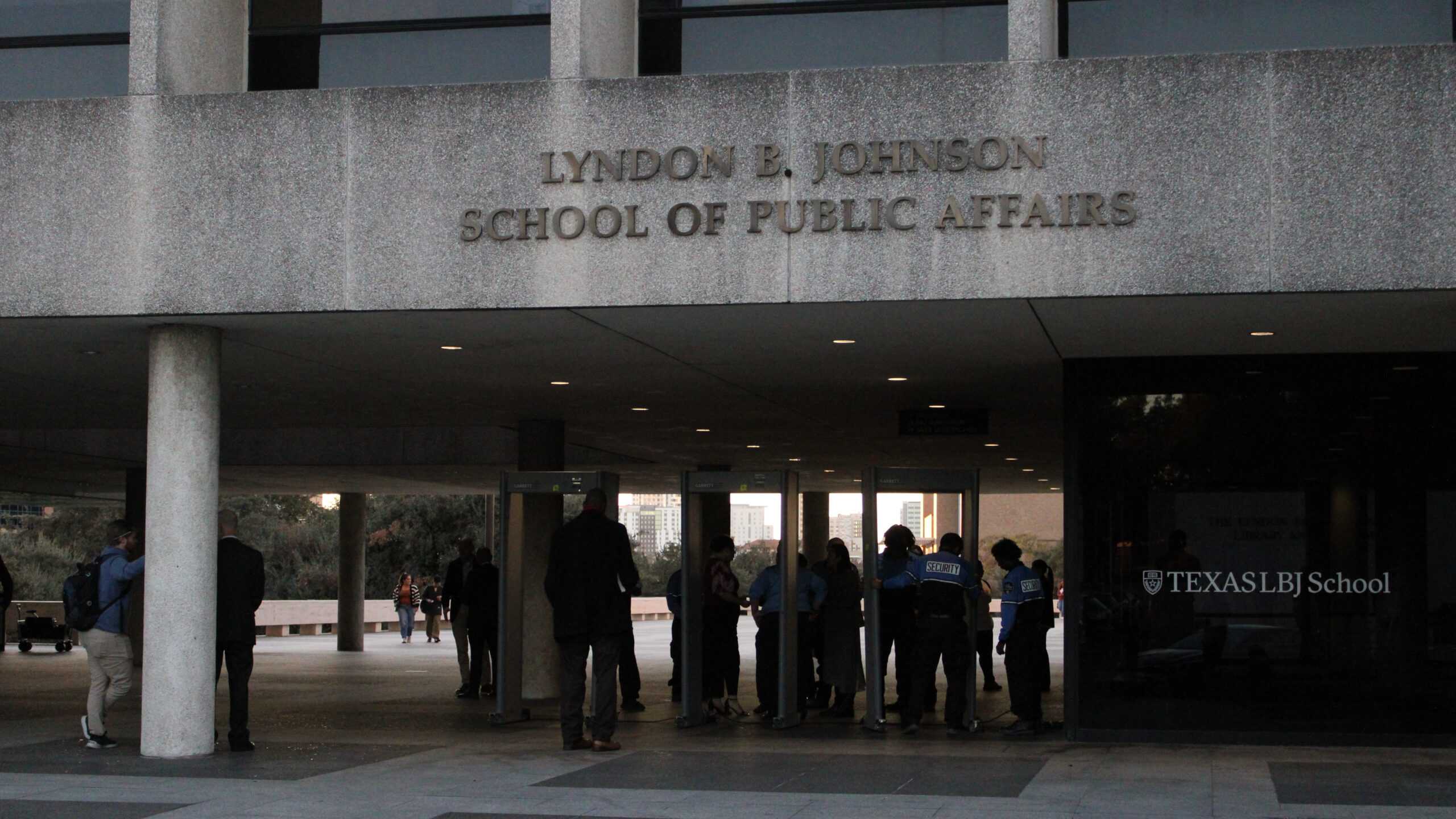
A new center focusing on government fundraising for infrastructure opened at the University of Texas’ Lyndon B. Johnson School of Public Affairs in late October. The Center on Municipal Capital Markets will train students on skills related to the intersection of finance and policy that municipal markets offer. It will also conduct research in the field.
The center is one of the first of its kind in a university setting, according to a press release from the LBJ School. It is being led by inaugural director Martin Luby, an associate professor at the LBJ school.
“We are not only exploring solutions to the world’s most pressing problems but also developing innovative financing strategies for these solutions,” LBJ School Dean J.R. DeShazo said in a press release.
The center will assess how local governments acquire funds to invest in public infrastructure like roads, water systems and telecommunication services. Luby said governments generally don’t have the funds for costly investments like infrastructure developments up front, and often need to borrow from investors and the capital market.
Students looking to enter this field will develop an understanding of this process through the center so they can make the system more effective and cost-efficient for governments and citizens.
One of the center’s key endeavors will be a fellowship program where second-year graduate students will intern at both public and private organizations while working to raise capital investments for infrastructure.
While the center has already opened, public events and speakers are scheduled to begin in the spring semester, when applications will also open for the first cohort of graduate fellows.
Luby said the intention is to create formalized training in an area that hasn’t traditionally received a wealth of academic attention. The center intends to combine hands-on training with industry professionals and research opportunities in order to prepare students to work in what Luby said is a $4 trillion investment market.
“If you were at the business school, McCombs, and you were a student, you would learn a lot about how companies would raise money to make their investments in capital,” Luby said. “Our policy schools historically haven’t done that, it just hasn’t been the focus, even though the market that governments raise money in for these kinds of projects is really big.”
In addition to the fellowship, the center hopes to add a certificate for non-majors and also establish an annual conference for industry leaders.
While the center’s initial focus is on graduate students, Luby hopes to expand undergraduate programs as the LBJ School grows its undergraduate pursuits in coming years.
The LBJ school’s current certificate in state and local finance has been students’ main opportunity to engage with municipal capital markets prior to the center’s opening.
Evan Wolstencroft, a public affairs graduate student pursuing the certificate, initially had no intention of pursuing capital markets or finance in any capacity, but discovered the interest area while taking Luby’s class. He’s excited about the opportunities the center will offer, but also about the attention it will bring to a career path he feels is often overlooked.
“(The center) is going to give students like me and future interested students a home,” Wolstencroft said. “It’s going to be a source of high-quality research and data, and I think that’s going to be a game-changer for the LBJ School.”
One of Luby’s former public affairs graduate students that pursued the certificate, Jose Silva, has gone on to work in municipal capital markets full-time. He said the center will be invaluable in preparing students for this specific subset of finance.
Silva also recognized the small size of the industry and pointed out how the center will draw attention to UT students pursuing the field from national leaders — something he said is vital to breaking into the market.
“Because public finance deals specifically with municipal governments, it’s a small, niche field,” Silva said. “Not only do you have to be familiar with finance and financial models … you also have to be familiar with government … so to have a program and now a center that specializes in this training is next to none.”
The students pursuing policy and finance are excited to see what the center offers, but, above all, are excited to make an impact in the field.
“Government can’t govern or provide the programs we rely on as a society … if we don’t understand how we finance our public center,” Wolstencroft said. “If there’s no money, there’s no mission.”

